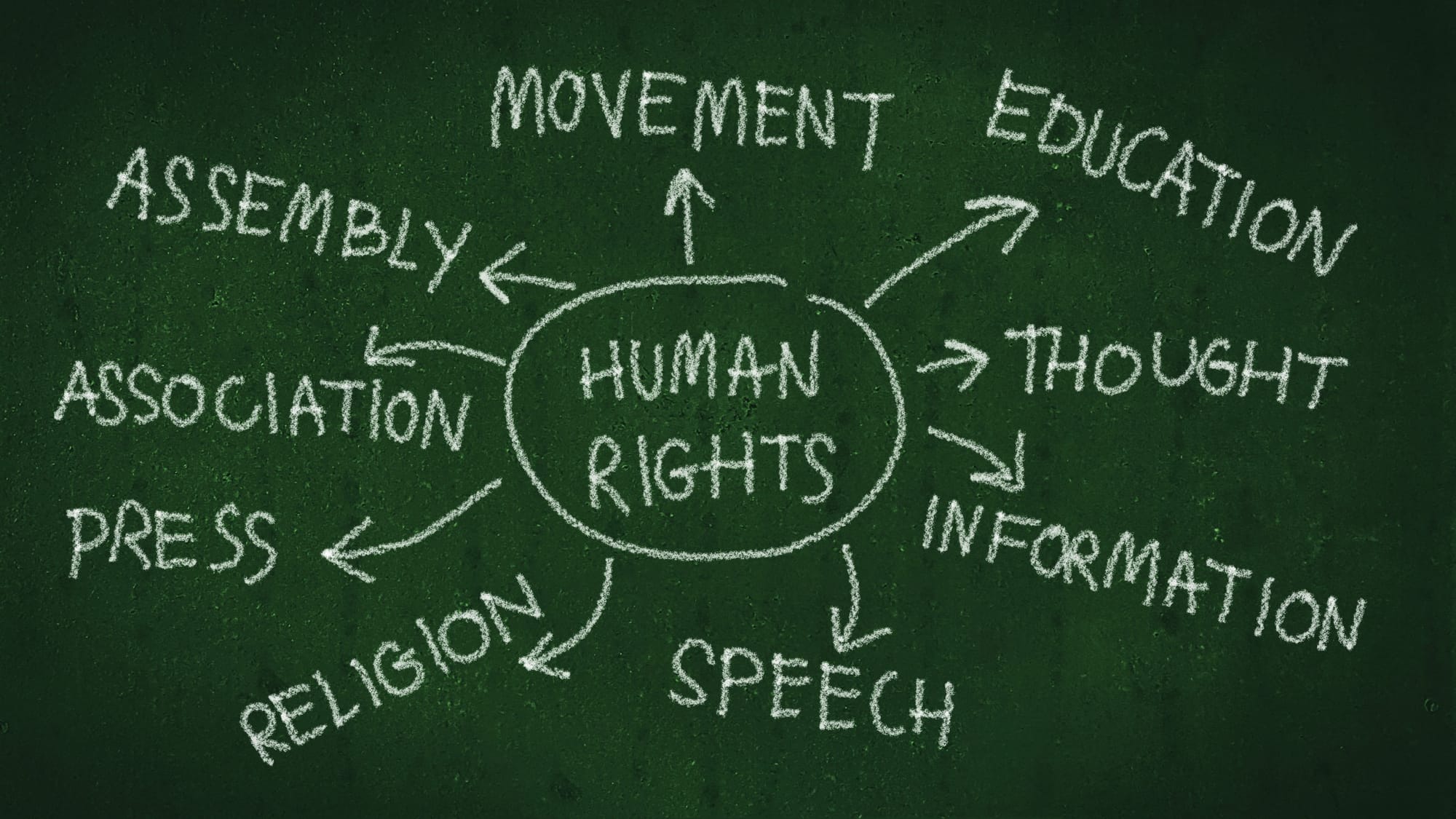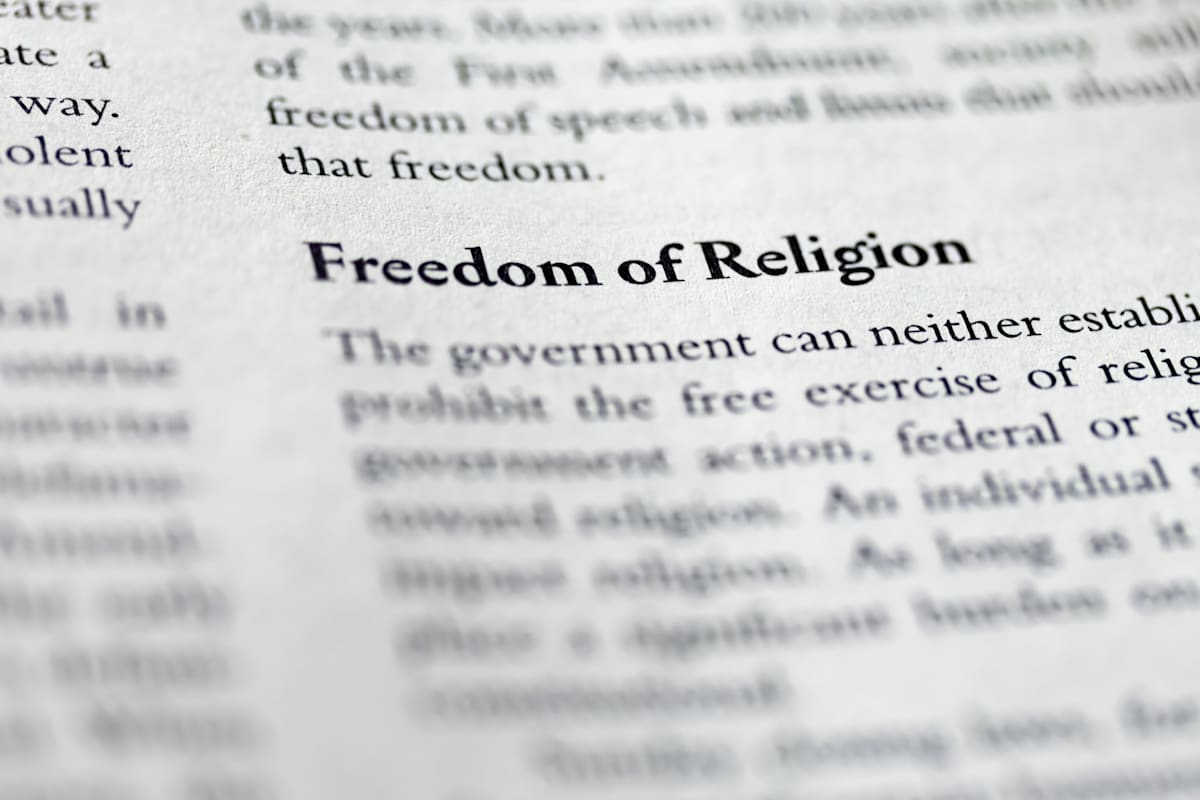
Last month we saw two major advances in the push for a national Charter of Human Rights, namely:
- The Australian Human Rights Commission released its Position Paper: A Human Rights Act for Australia following a four-year consultation process.
- The federal Attorney-General, Mark Dreyfus, asked the federal Parliamentary Joint Committee on Human Rights to conduct an inquiry into whether the Australian Parliament should enact a federal Human Rights Act, and what elements it should include.
This is the most progress we have seen on this issue since the National Human Rights Consultation, undertaken nearly 15 years ago.
Last night we launched our position paper with a proposed model for an #AusHumanRightsAct.
Australia is the only liberal democracy that doesn't have a national act or charter that protects human rights.
Learn why we need one and how it could work: https://t.co/Z7ALwCawkF pic.twitter.com/hBUiMeSkTT— Australian Human Rights Commission (@AusHumanRights) March 8, 2023
The 2009 report that followed the consultation committee’s widespread consultation noted that 87% of people who expressed a view about whether Australia needed a Human Rights Act were in favour, and recommended that “Australia adopt a federal Human Rights Act” (Recommendation 18). However, although the Rudd government did implement a number of the consultation committee’s recommendations, it did not enact human rights legislation.
In the intervening years, the public’s appetite for a national Charter of Human Rights has remained relatively constant.
In 2022, Amnesty International found that 73% of Australians support the introduction of a Human Rights Act. These results are not surprising, given the many daily examples of serious human rights problems across Australia, including:
- the anti-trans rights protests led by British woman Kellie-Jay Keen-Minshull across Australian cities, including the involvement of fascist protestors in support
- the continuing refusal to raise the age of criminal responsibility to 14
- the untold stress, misery and human rights violations caused by the now discredited Robodebt scheme
- the ongoing threat to our human rights posed by climate change, as illustrated by the number and intensity of bushfires and floods.
Australia is an outlier in not having comprehensive human rights legislation. The countries that we like to compare ourselves to – Canada, New Zealand and Britain – have all had human rights legislation for decades.
Several jurisdictions within Australia have grown impatient with the lack of action by the federal government, and enacted their own Human Rights Acts (ACT, Victoria and Queensland).
The experience in these three jurisdictions demonstrates that human rights legislation is not a “lawyer’s picnic”, and protecting human rights does not require inordinate amounts of additional government expenditure.
Australia’s failure to enact national human rights legislation means that we’re not fully implementing our treaty obligations under the International Covenant on Civil and Political Rights (ICCPR) and International Covenant on Economic, Social and Cultural Rights (ICESCR), which is a source of significant embarrassment on the international stage.
When Australia’s human rights record is reviewed by the United Nations Human Rights Council as part of the Universal Periodic Review process, many countries comment on this omission, and strongly recommend that Australia remedy this failure by enacting a Human Rights Act.
Of course, comprehensive legislation will not fix every human rights problem, but it will go a long way to creating a more rights-respecting culture, and a system of governance that is more responsive to the human rights impacts of its actions.
A Charter of Rights will ensure that rights concerns will influence the government and parliament as they develop public policy and make laws.
However, it will not lead to human rights “trumping” other democratic values and concerns. This is because a Charter of Rights allows limits to be placed on rights, provided they’re reasonable and demonstrably justified.
A Charter of Rights will fill gaps in our current human rights protection, such as the gap in prohibiting discrimination on the basis of religion.

However, rather than introducing divisive legislation as proposed by the former coalition government, and another piece of anti-discrimination legislation that adds to the problems associated with a patchwork of rights protections, freedom of religion can be protected within an overarching human rights instrument that protects all of the rights enshrined in the ICCPR and the ICESCR.
A Charter of Rights will require government and the courts to implement human rights principles in their work, but it will not affect parliament’s ability to pursue policy and pass laws that are inconsistent with human rights.
Some people are worried that human rights legislation will stop parliament from making laws it considers necessary, but we need look no further than the Victorian parliament during the COVID-19 pandemic. With human rights legislation in place, the Victorian garliament was able to pass laws that impinged on human rights, but it had to demonstrate that it had considered the implications of its laws on human rights, and justify why the public health concerns outweighed the human rights concerns.

Quite simply, human rights legislation forces parliament to be more transparent about the justifications for limiting rights, and this contributes to the democratic accountability of parliament – if Australians dislike parliament making laws that violate rights, they can demonstrate their displeasure at the ballot box.
Human rights legislation is a normal part of living in a modern democratic country that prides itself on respecting human rights.
It’s time that Australia joined all other Western nations by creating a comprehensive legal framework that supports and upholds the human rights of everyone living in Australia.
The federal government might actually find that having a Charter of Rights assists it in deciding how to respond to the many threats we’re facing, ranging from endemic gender-based violence and systemic racism, to massive cyber attacks and climate change.





